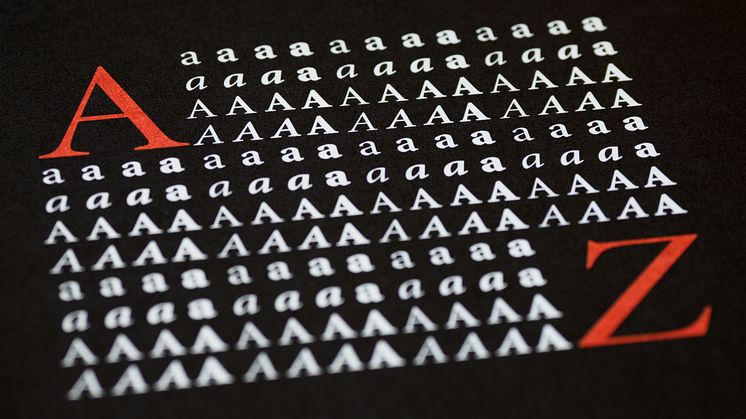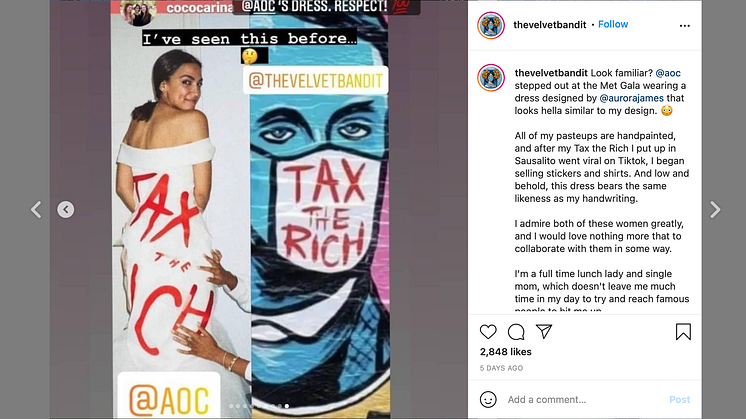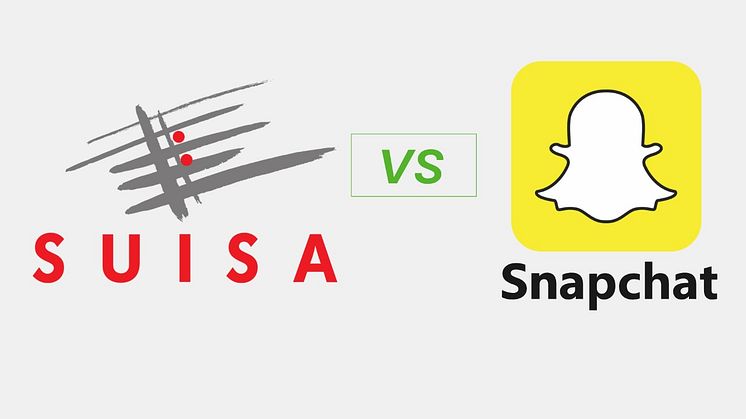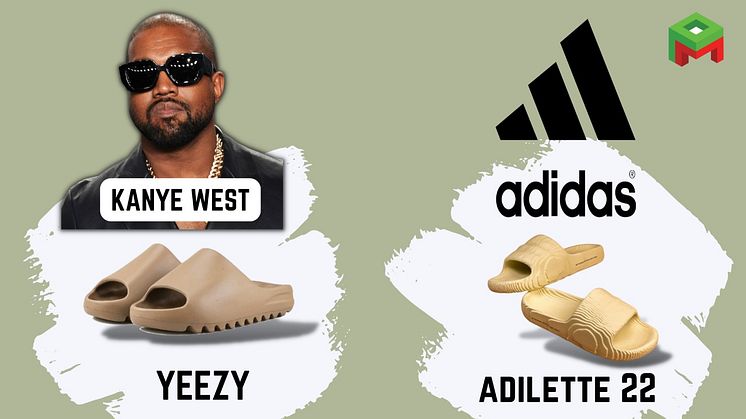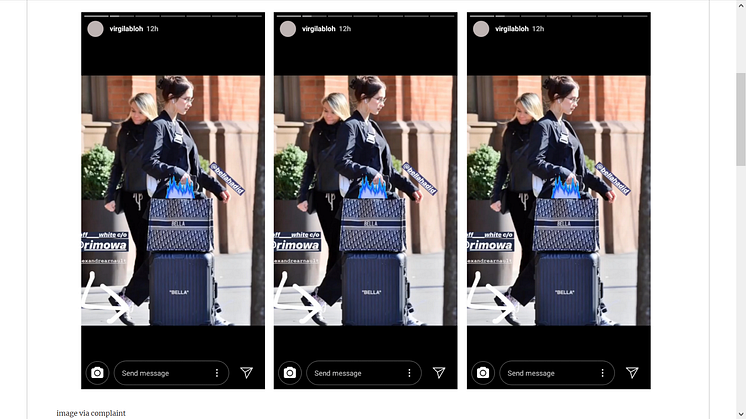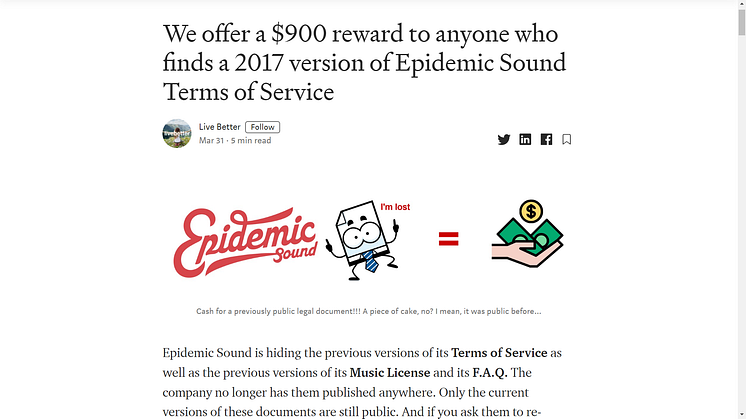
News -
Social media shaming: Boon or bane for independent designers?
It isn’t the first time and it won’t be the last.
In a recent TikTok video, 22-year-old Florida-based designer Cecilia Monge alleged that Converse had stolen designs she had submitted in her internship application. Monge claimed she had shared her ideas with Converse in November 2019, and in May this year, spotted designs that were “essentially the same” on the brand’s Bright Poppy and Red Bark editions of its Chuck 70 National Parks high-tops.
Speaking to TIME, she said such situations are “super common” for smaller designers, adding that she made the TikTok video to “share my experience and spread awareness”. The video has since been viewed over 17 million times, amassed five million likes and been shared on other social media platforms such as Instagram.
In response, Converse issued a statement denying the allegations, saying it was “standard legal policy” not to share “unsolicited portfolios of job applicants across the business” and that it had completed the concept and design before receiving Monge’s application.
The company also emailed Monge to explain its “footwear development process” in a bid to convince her it had not, in fact, used her designs without her permission.
A repeating pattern
This is just the latest in a series of incidents involving internationally renowned fashion brands being accused of IP theft by independent designers or brand owners. A key reason for this common occurrence is how difficult it is to legally protect design — in particular, fashion design.
In the US, for instance, copyright law only covers superficial aspects of fashion design (e.g., fabric patterns) and not functional aspects (e.g., the cut of a fabric). As such, fashion designers must approach the Patent Office if they wish to protect the decorative elements of their functional pieces.
However, the Patent Office dictates that a design must be completely brand new — i.e., new to the entire world — before it will issue a patent, which involves a costly, time-consuming process that often outweighs the benefit of patenting designs that will only be available for a single season.
To further compound the problem, independent designers or brand owners who decide to pursue legal action against large companies accused of stealing their ideas typically wind up worse off afterwards. They must contend with these companies’ disproportionately large resources and legal departments, making it a nearly impossible battle to win.
Social outlet
This has led smaller designers and brand owners to take to social media to share their stories instead. In some cases, the ensuing public outcry sees brands pulling the alleged stolen designs from their stores — in 2018, for instance, British designer Carrie Anne Roberts alleged on Instagram that Old Navy had stolen and reproduced one of her T-shirt designs. Old Navy eventually pulled the item from its site after widespread public backlash.
Social media shaming pays off for some independent designer or brand owners — while Converse has not apologised to, compensated or credited Monge, she has since garnered the support of other designers and launched her own brand, which has over 3,000 followers on Instagram.
However, other independent designers and brand owners have been criticised for making baseless claims on social media. Earlier this year, Heaux Cosmetics’ Lydia Dupra posted a TikTok video accusing beauty YouTuber Jeffree Star of copying her design for a new mascara launched under his own cosmetics brand, Jeffree Star Cosmetics.
Unfortunately for Dupra, who launched her brand in 2019, Star produced evidence that he had trademarked his idea for the mascara in September 2019. This revelation saw Dupra widely criticised on Twitter and Instagram. It should also be noted that the accusation centred around the mascara design being of a “similar theme” to Heaux Cosmetics’ designs, as opposed to a blatant copy.
Prevention instead of reaction
While social media call-outs are convenient and often lead to the independent designer or brand owner gaining more support and publicity for their business, larger brands usually escape unscathed — they are under no legal obligation to compensate the designers or brand owners whose ideas they’ve appropriated.
Furthermore, they rarely pull the alleged copied designs from their stores, preferring instead to issue statements of denial while continuing to sell and profit from those designs. Even if they remove the designs and stop selling them, those ideas are dead in the water for the designers who made them in the first place.
The conundrum designers face is that they cannot get work without sharing a portfolio, but doing so makes them susceptible to idea theft. In light of this, designers and other innovators need ways to protect their ideas before sharing them with potential clients or employers.
Here at PitchMark, we provide just such a way for innovators by protecting original concepts, designs, creative pitches and more. In doing so, we hope to prevent or at least deter idea theft, save innovators the pain of having to make claims against potential clients or employers, and help them avoid a costly and time-consuming legal process that may disadvantage them even further.
To find out more about how we can help you protect your work, register as a PitchMark member for free. If you’d like to share your story on idea theft, email cheryl.tay@pitchmark.net.



